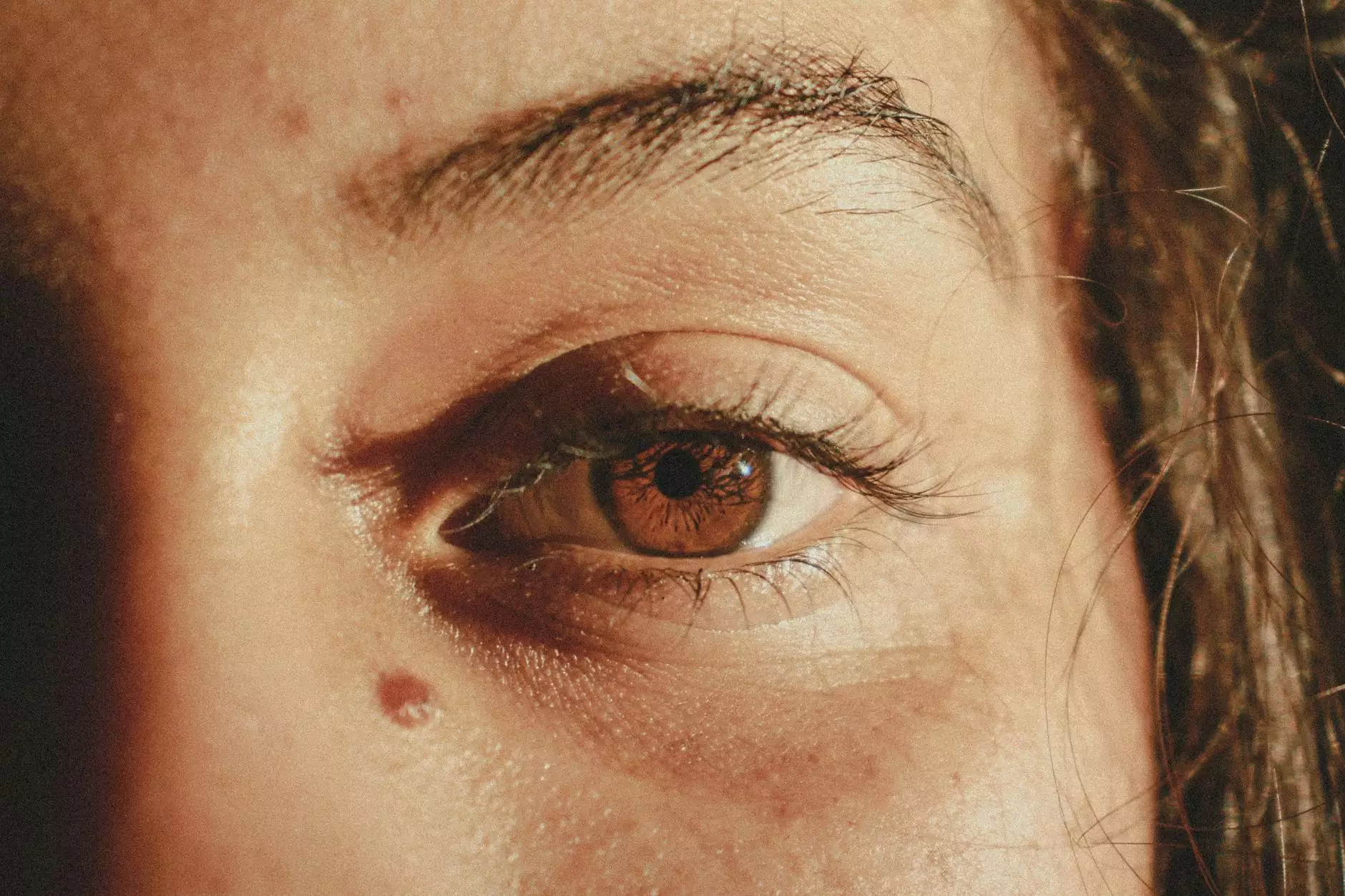Common Optical Questions - Family Vision Care
Blog
Introduction
Welcome to Baron Rick W Dr, your trusted family vision care provider. We understand that you may have questions or concerns regarding optical health and vision care. That's why we've compiled a comprehensive list of common optical questions, providing you with detailed answers and guidance. Our aim is to empower you with knowledge, ensuring the best possible eye health for you and your loved ones.
Why Is Proper Eye Care Important?
Proper eye care is crucial for maintaining good vision and overall eye health. It allows you to detect any potential vision problems early on, preventing them from worsening and ensuring appropriate treatment can be administered. Regular eye examinations also aid in the early detection of serious eye conditions, such as glaucoma and macular degeneration, which can lead to permanent vision loss if left untreated.
Common Optical Questions
1. How often should I have an eye exam?
It is recommended to have a comprehensive eye exam at least once every two years if you have no known eye issues. However, if you wear glasses or contact lenses, or if you have any eye conditions or a family history of eye diseases, it is advisable to have an eye exam annually. Regular eye exams ensure early detection and effective management of any potential eye problems.
2. What are the signs of vision problems?
Signs of vision problems may include blurred vision, difficulty seeing objects up close or far away, eye strain, frequent headaches, double vision, and sensitivity to light. If you experience any of these symptoms, it is essential to schedule an eye exam to determine the underlying cause and receive appropriate treatment.
3. Do children need regular eye exams?
Yes, children need regular eye exams to ensure proper eye development and detect any vision problems. Eye exams are particularly important before starting school since undiagnosed vision problems can affect a child's learning ability and academic performance. Pediatric eye exams are typically recommended at six months, three years, and before entering first grade.
4. Can digital screens harm my eyes?
Extended exposure to digital screens can cause eye strain, dry eyes, blurred vision, and headaches. This is commonly known as digital eye strain or computer vision syndrome. To minimize its impact, follow the 20-20-20 rule: for every twenty minutes of screen time, take a twenty-second break and focus your eyes on something twenty feet away. Additionally, ensure proper lighting, adjust screen brightness and contrast, and position screens at eye level.
5. What should I do if I have dry eyes?
If you have symptoms of dry eyes, such as redness, itching, burning sensation, or excessive tearing, it is advisable to seek professional advice. Lubricating eye drops or artificial tears may temporarily relieve the symptoms, but it is essential to identify the underlying cause of your dry eyes. An eye care professional can diagnose the cause and recommend the most suitable treatment options for you.
6. How can I protect my eyes from the sun?
Exposure to ultraviolet (UV) radiation from the sun can lead to various eye conditions, including cataracts and macular degeneration. To protect your eyes from harmful UV rays, wear sunglasses that provide 100% UV protection whenever you are outdoors during daylight hours. Additionally, consider wearing a wide-brimmed hat for added sun protection.
7. Can I prevent my vision from worsening?
While some vision changes are a natural part of aging, there are steps you can take to maintain healthy vision and potentially slow down the progression of certain vision problems. These steps include regular eye exams, adopting a healthy diet rich in nutrients that promote eye health, wearing appropriate eyewear, practicing good eye hygiene, and avoiding smoking.
8. Are there any risks associated with contact lenses?
When used as directed and properly cared for, contact lenses are a safe and effective vision correction option. However, improper lens care and hygiene can lead to eye infections, corneal ulcers, and other complications. It is crucial to follow your eye care professional's instructions regarding lens cleaning, wearing schedule, and replacement to minimize the risks.
9. What should I consider when choosing eyeglasses?
When selecting eyeglasses, factors to consider include your prescription, lifestyle, face shape, and personal style preferences. Your optician can guide you in choosing suitable frames that provide comfort, proper fit, and optimal vision correction. Remember that eyewear should not only enhance your vision but also reflect your personal style.
10. How can I alleviate eye strain at work?
To reduce eye strain in the workplace, practice proper ergonomics, ensure your workstation is properly lit, take regular breaks from staring at the screen, blink frequently to keep your eyes lubricated, and adjust your monitor's brightness and contrast settings to suit your visual comfort. Additionally, consider using blue light filtering glasses to minimize the impact of digital screen use on your eyes.
Conclusion
We hope this comprehensive guide to common optical questions has provided you with the information you were seeking. At Baron Rick W Dr, we are dedicated to ensuring your vision health and providing the highest quality family vision care. Remember to prioritize regular eye exams and maintain good eye care habits to safeguard your precious gift of vision. If you have any further questions or concerns, please don't hesitate to contact our friendly team.




